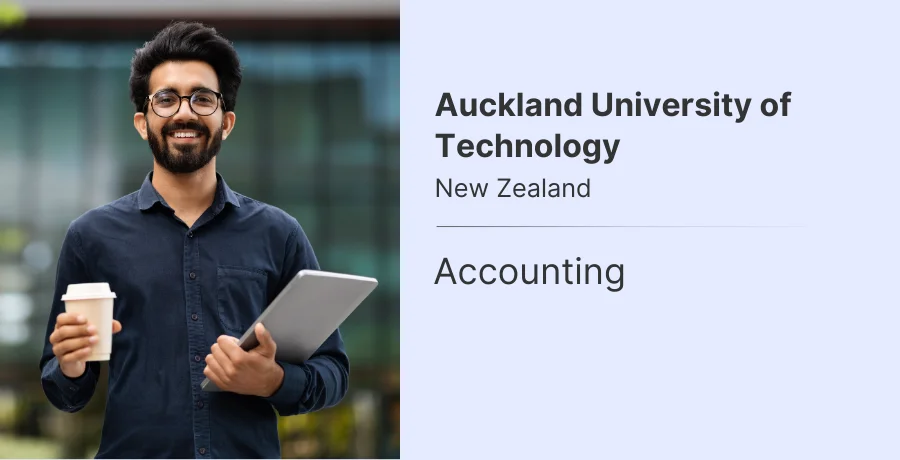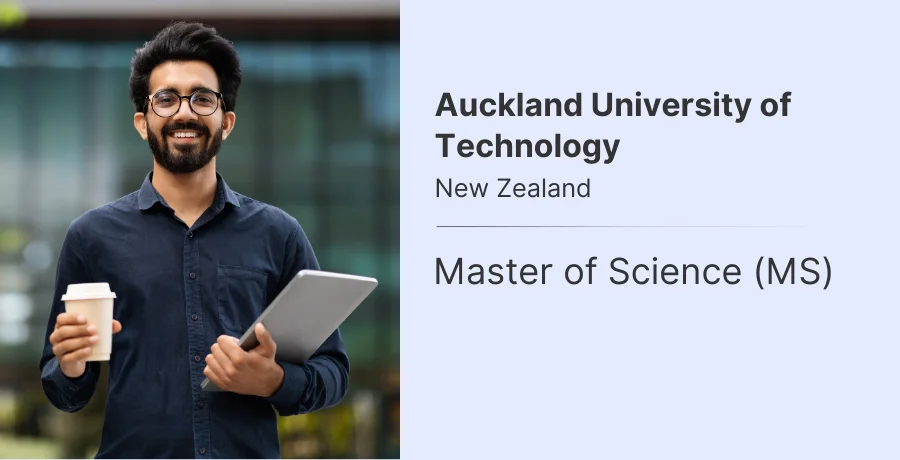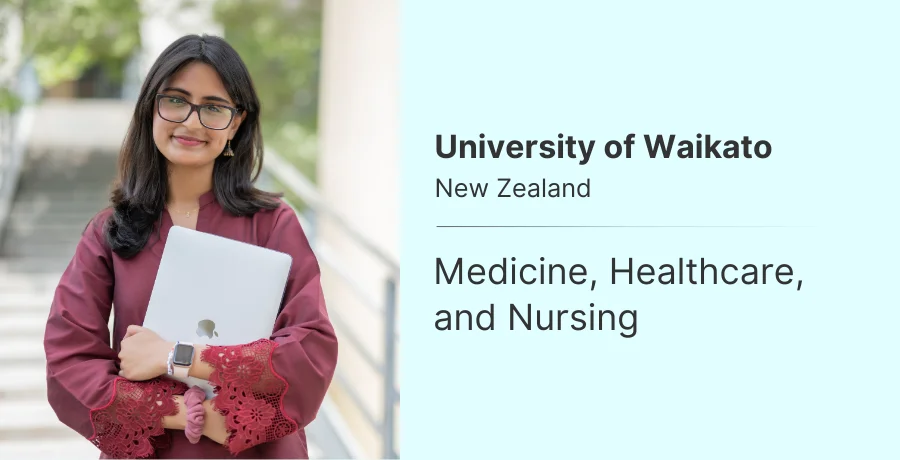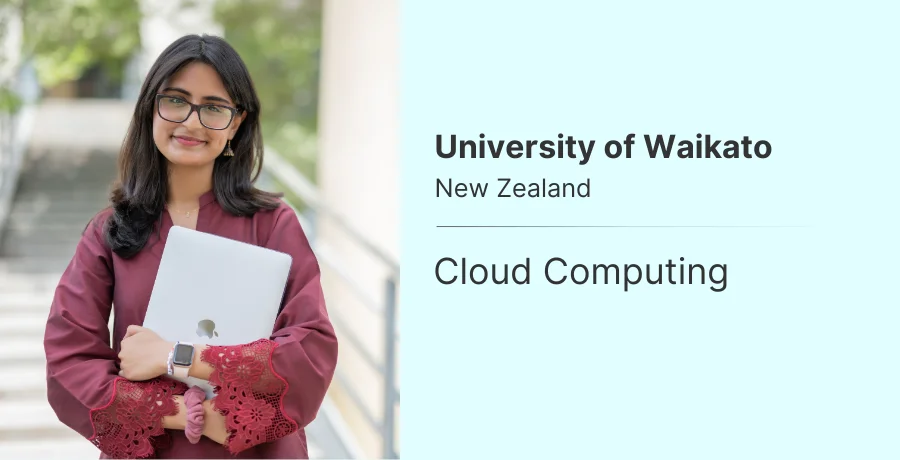Taranaki Polytechnic Highlights
Taranaki Polytechnic, established in 1985, has consistently been recognized for its commitment to providing quality education and fostering an inclusive learning environment. With a QS ranking of 250, it has carved a niche for itself in the global education arena. The institution boasts state-of-the-art infrastructure, experienced faculty, and a wide array of courses tailored to meet the needs of both local and international students. Moreover, its strong emphasis on research and innovation is backed by significant funding, further enhancing its academic prowess. Accredited by various national and international bodies, Taranaki Polytechnic continues to uphold its reputation as a leading educational institution.
- Year of establishment: 1985
- QS ranking: 250
- Other rankings:
- Top 10 in New Zealand
- Top 50 in Asia-Pacific
- Top 200 in Engineering
- Top 150 in Business Studies
- Top 100 in Research and Development
- Infrastructure: Modern classrooms, laboratories, libraries, and sports facilities.
- Teaching faculty: Experienced and industry-expert faculty members.
- Funding: Significant funding for research and development.
- Accreditation: National and international accreditations.
Taranaki Polytechnic Admission
Taranaki Polytechnic welcomes students from around the globe, offering a diverse and inclusive environment. With a significant percentage of international students, the university has multiple intakes throughout the year, allowing flexibility in admissions. The institution's robust infrastructure supports a variety of undergraduate, postgraduate, and doctoral programs, ensuring a comprehensive educational experience.
- Percentage of international students: 30%
- Semesters and Intakes: Three intakes - January, May, September
- Infrastructure: Comprehensive facilities including modern classrooms, labs, and libraries.
UG Admissions
- Completed high school education with a minimum GPA of 3.0.
- Proficiency in English (IELTS score of 6.0 or equivalent).
- Personal statement outlining academic goals and interests.
- Letters of recommendation from teachers or mentors.
- Interview (in-person or online) may be required for certain programs.
PG Admissions
- Bachelor's degree in a relevant field with a minimum GPA of 3.0.
- Proficiency in English (IELTS score of 6.5 or equivalent).
- Statement of purpose outlining research interests and career goals.
- Two letters of recommendation from academic or professional references.
- Resume/CV highlighting relevant work experience and achievements.
Ph.D. Admissions
- Master's degree in a relevant field with a minimum GPA of 3.5.
- Proficiency in English (IELTS score of 7.0 or equivalent).
- Research proposal outlining the intended area of study.
- Three letters of recommendation from academic or professional references.
- Interview (in-person or online) with the potential supervisor.
To know more about other universities in the NewZealand, click here.
Eligibility Criteria
- UG Programs:
- Bachelor of Science - Requires high school diploma and proficiency in English.
- Bachelor of Arts - Requires high school diploma and proficiency in English.
- Bachelor of Engineering - Requires high school diploma with strong foundation in Mathematics and Science.
- Bachelor of Business Administration - Requires high school diploma and proficiency in English.
- Bachelor of Information Technology - Requires high school diploma with strong foundation in Mathematics and Science.
- PG Programs:
- Master of Science - Requires a bachelor's degree in a relevant field.
- Master of Arts - Requires a bachelor's degree in a relevant field.
- Master of Engineering - Requires a bachelor's degree in Engineering or related field.
- Master of Business Administration - Requires a bachelor's degree and relevant work experience.
- Master of Information Technology - Requires a bachelor's degree in IT or related field.
Taranaki Polytechnic Programs
Taranaki Polytechnic offers a diverse range of programs designed to equip students with the skills and knowledge needed for successful careers. From undergraduate to doctoral levels, the university provides comprehensive courses that cater to various academic interests and professional aspirations.
UG Programs
- Bachelor of Science
- Bachelor of Arts
- Bachelor of Engineering
- Bachelor of Business Administration
- Bachelor of Information Technology
PG Programs
- Master of Science
- Master of Arts
- Master of Engineering
- Master of Business Administration
- Master of Information Technology
Accommodation
On-campus Accommodation
Taranaki Polytechnic offers comfortable and affordable on-campus accommodation options for students. The university's hostels provide a safe and convenient living environment with amenities such as Wi-Fi, study rooms, and recreational facilities.
Off-campus Accommodation
For those preferring off-campus living, there are numerous rental options available near the university. These accommodations range from shared apartments to private rentals, catering to various budgets and preferences.
Housing Options
- Shared apartments, private rentals, and homestays.
Cost of Tuition Fees
The cost of tuition fees at Taranaki Polytechnic varies depending on the program and level of study. Below are the approximate figures for undergraduate and postgraduate courses.
| Program | Approximate Fees (per year) |
|---|---|
| Undergraduate | NZD 15,000 - NZD 20,000 |
| Postgraduate | NZD 20,000 - NZD 25,000 |
Cost of Living
The cost of living in and around Taranaki Polytechnic can vary based on lifestyle and accommodation choices. Below are the approximate monthly expenses:
| Expense | Approximate Cost (per month) |
|---|---|
| Rent, Travel, Utility | NZD 800 - NZD 1,200 |
| Food & Drink, Entertainment | NZD 300 - NZD 500 |
Scholarships
Taranaki Polytechnic offers a variety of scholarships to help students manage their educational expenses. Below is a list of the top 10 scholarships along with the maximum amount offered:
| Scholarship | Maximum Amount Offered (per year) |
|---|---|
| Academic Excellence Scholarship | NZD 10,000 |
| International Student Scholarship | NZD 8,000 |
| Research and Innovation Scholarship | NZD 12,000 |
| Sports Scholarship | NZD 5,000 |
| Community Service Scholarship | NZD 7,000 |
| Arts and Culture Scholarship | NZD 6,000 |
| Engineering Scholarship | NZD 9,000 |
| Business Studies Scholarship | NZD 8,000 |
| Information Technology Scholarship | NZD 8,000 |
| Women in STEM Scholarship | NZD 10,000 |
To know about the NewZealand study visa requirements, click here.
Placements
Taranaki Polytechnic has a strong track record of placements, with a placement rate of 85%. The university's career services provide extensive support to students, ensuring they are well-prepared for the job market. Below are the major job roles with the highest approximate salaries:
| Job Role | Approximate Salary (per year) |
|---|---|
| Software Engineer | NZD 70,000 |
| Business Analyst | NZD 65,000 |
| Data Scientist | NZD 80,000 |
| Civil Engineer | NZD 75,000 |
| Marketing Manager | NZD 60,000 |
| Project Manager | NZD 85,000 |












